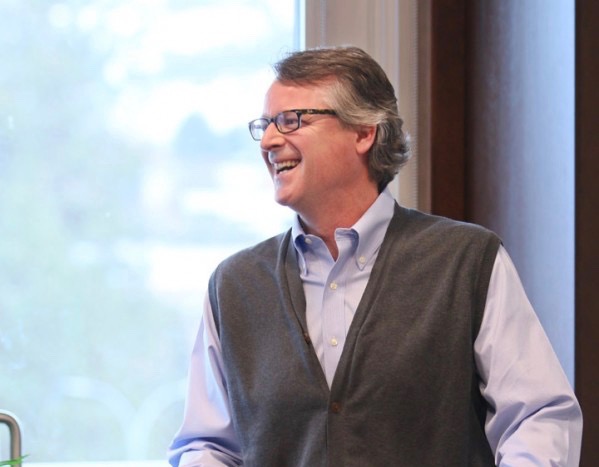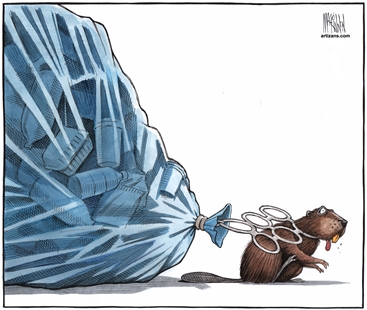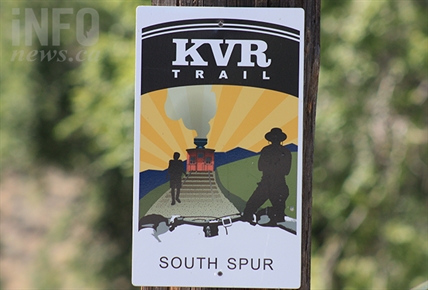
New Gold pledges $200,000 toward ecosystem reclamation research at TRU
KAMLOOPS – New Gold, operators of the New Afton copper and gold mine west of Kamloops, has pledged $200,000 toward the creation of a Natural Sciences and Engineering Research Council (NSERC) Industrial Research Chair in Ecosystem Reclamation at Thompson Rivers University.
This is the third large grant TRU has received toward the development of a Research Chair. In late 2015, Genome BC pledged $250,000 toward the project; the Real Estate Foundation of BC granted a further $150,000 in April.
New Gold’s contribution is eligible to be matched by NSERC on a one-to-one basis.
“These investments allow TRU to be at the forefront in the development of tools to help solve environmental disturbances caused by mining, forestry and ranching — solutions that are more pressing than ever in the face of climate change,” said Dr. Lauchlan Fraser, professor and candidate for the NSERC Industrial Chair.
“New Gold and the New Afton Mine highly value corporate social responsibility and proper environmental stewardship,” said Scott Davidson, Manager of Environment, Social Responsibility and Tailings at New Gold’s New Afton mine. “New Gold has partnered with TRU to continue research in the area of reclamation over a five-year period. Working locally on initiatives like this helps to build capacity in the community and leaves behind a positive legacy. We are proud to support applied research with TRU and build on our ongoing relationship with the university.”
Creating an NSERC Industrial Research Chair supports the development of industry-based solutions to environmental problems, and puts TRU one step closer to the creation of a Centre for Ecosystem Reclamation — a first of its kind in Canada.
“These investments speak to the value of the research being undertaken at TRU. This research will not only solve local challenges, but it will also have an impact at an international level,” said Alan Shaver, TRU President and Vice-Chancellor.
Reclamation solutions will be developed in consultation with local Aboriginal communities, incorporating their interests and using native plant species to restore traditional land use.
This research ties directly to TRU’s strategic priorities to ensure the environmental sustainability of the region. More effective reclamation plays a role in climate change, as mine sites, specifically water levels and longevity of species, are already being affected by changes in climate.
Join the Conversation!
Want to share your thoughts, add context, or connect with others in your community? Create a free account to comment on stories, ask questions, and join meaningful discussions on our new site.



















Leave a Reply
You must be logged in to post a comment.